Pakistan pursues ‘last-ditch effort’ after talks with Taliban hit impasse in Istanbul
Sources say Afghan delegates accepted Pakistan's core issue, but Kabul’s instructions kept shifting their stance and stalling progress

Aamir Abbasi
Editor, Islamabad
Aamir; a journalist with 15 years of experience, working in Newspaper, TV and Digital Media. Worked in Field, covered Big Legal Constitutional and Political Events in Pakistan since 2009 with Pakistan’s Top Media Organizations. Graduate of Quaid I Azam University Islamabad.
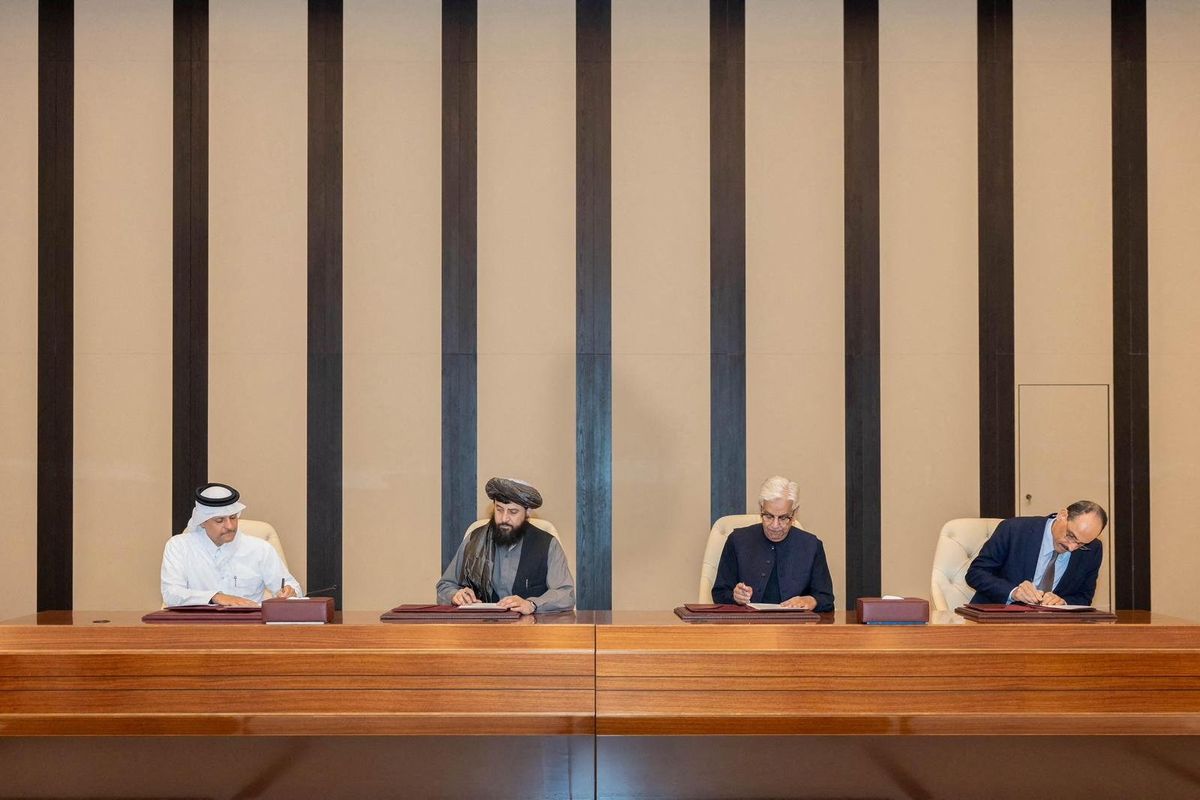
Afghan Defense Minister, Mullah Mohammad Yaqoob Mujahid and Pakistan's Defense Minister, Khawaja Muhammad Asif sign documents of a ceasefire agreement, during a negotiations meeting mediated by Qatar and Turkey, in Doha, Qatar, October 19, 2025.
Reuters
Peace talks between Pakistan and Afghanistan in Istanbul have entered what mediators described as a final attempt to salvage negotiations, despite Afghan Taliban resistance to addressing Pakistan’s core concerns, according to security sources on Tuesday.
Sources said efforts were underway to resolve the matter through logic and dialogue and push the discussions into a final round, even as the Taliban delegation repeatedly shifted its position.
The Istanbul meeting marks the third round of negotiations between Pakistan and the Afghan Taliban. Talks on the third day continued for 18 hours, sources said.
During that time, the Taliban delegation multiple times agreed with Pakistan’s demand—described by sources as logical and legitimate—that Afghanistan must take credible action against Tehreek-e-Taliban Pakistan (TTP) and terrorism.
Sources said the Afghan delegation acknowledged this central issue even in the presence of mediators. However, the sources added that each time the Taliban team came under instructions from Kabul, its stance would shift, stalling progress.
They said “illogical and unjustified guidance” from Kabul was primarily responsible for the lack of results in the marathon talks.
Still, Pakistan and the mediators were continuing to handle the complex issues seriously and responsibly, with one final push underway to keep the door to negotiations open, according to the sources.
Earlier Tuesday, Pakistani security officials said the talks had collapsed due to a lack of commitment from the Taliban and seriousness to address the issue of cross-border militancy.
Pakistan warned the Taliban that in the absence of written guarantees, any attack by terrorist groups would be traced back to its source and met with an appropriate response.
Reuters reported that no resolution was reached in Istanbul and that Afghan state media and a Pakistan security source confirmed the breakdown.
A tweet by journalist Sami Yousafzai said the Taliban had added a new demand: Pakistan must not allow U.S. drones to enter Afghanistan’s airspace. He noted that many of those drones take off from Qatar, which is mediating the dialogue.
Afghanistan – Pakistan | Istanbul Talks Update:
The Afghan Taliban have added a new demand in the ongoing Istanbul negotiations with Pakistan:
Pakistan should not allow U.S. drones to enter Afghanistan from its airspace.
Interestingly, perhaps many of these U.S. drones…
— Sami Yousafzai سمیع یوسفزي (@SamiYousafzaii) October 28, 2025
The latest round followed a temporary cease-fire agreed in Doha on October 19 after deadly border clashes that killed dozens in the worst escalation since the Taliban seized power in Kabul in 2021.
Pakistan has accused the Taliban of allowing the TTP to operate freely from Afghan soil. Kabul denies this.
As talks dragged, Pakistani officials voiced growing frustration.
“The Pakistani delegation has made it clear that no compromise is possible on our core demands on cross-border terrorism,” one source earlier told Reuters.
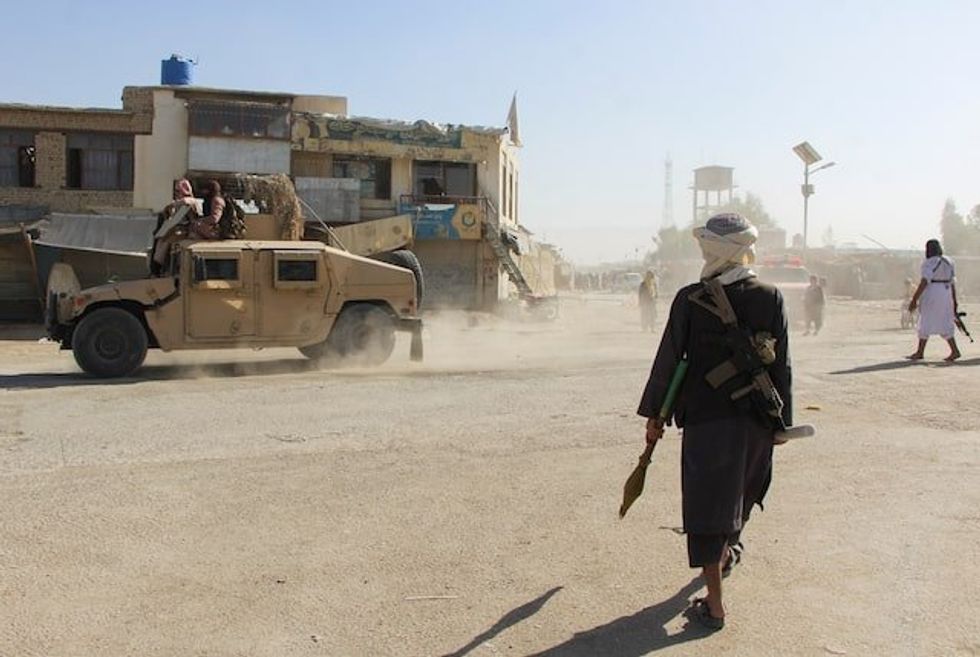
The Taliban, however, maintained the discussions were positive. A Taliban delegate said the meeting covered multiple issues “in a friendly environment” and rejected claims the group was blocking progress.
Taliban spokesperson Zabihullah Mujahid told state broadcaster RTA that the Islamic Emirate supports dialogue as the way to resolve problems.
Pakistan’s foreign ministry declined to comment on the latest developments.
Pakistan’s defense minister warned that failure to reach an agreement could mean “open war,” though he said he believed Afghanistan wanted peace.
On Sunday, U.S. President Donald Trump again offered to mediate.
“I’ll get that solved very quickly, I know them both,” he said in Kuala Lumpur on the sidelines of a regional summit.
Border tensions surged after Pakistan carried out an airstrike in Kabul targeting the head of the TTP. The Taliban responded by attacking Pakistani military posts along the 2,600-kilometer (1,600-mile) frontier.
Clashes over the weekend left five Pakistani soldiers and 25 militants dead, Pakistan’s military said.
Diplomatic observers say Pakistan’s tougher stance in Istanbul reflects concerns that the Taliban has not curbed the TTP despite repeated pledges.



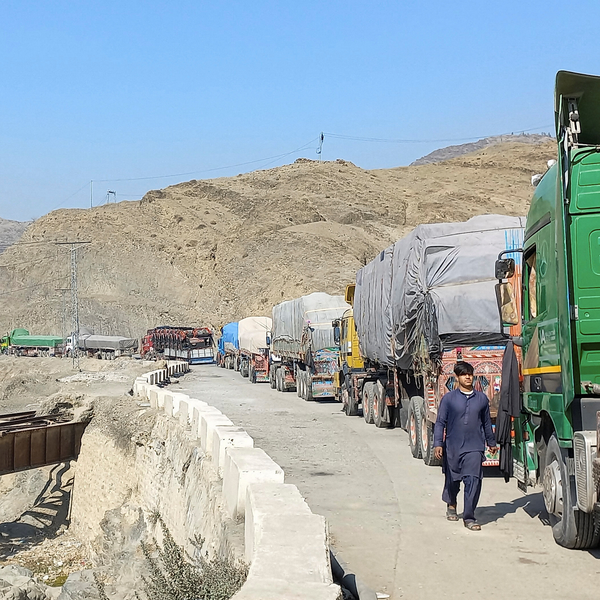
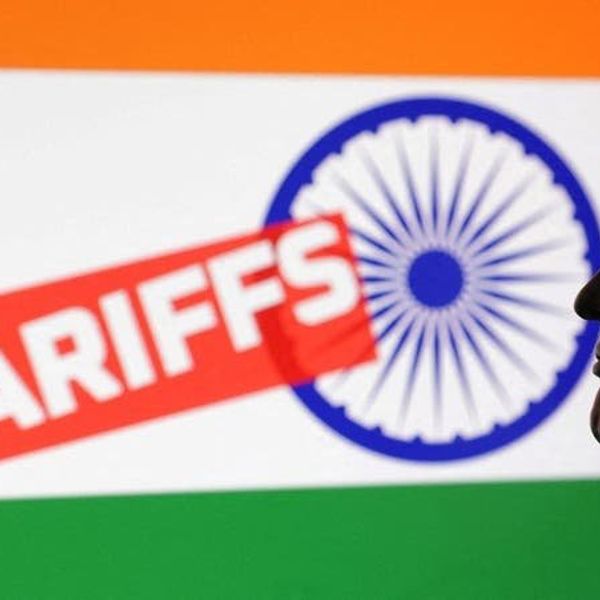
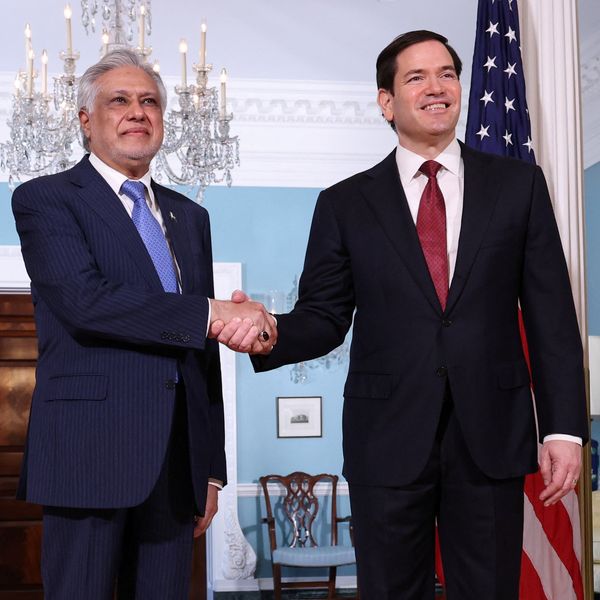




Comments
See what people are discussing